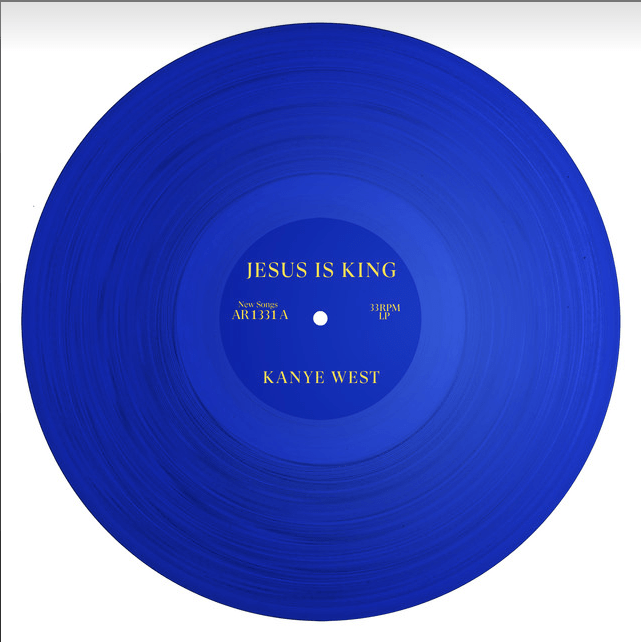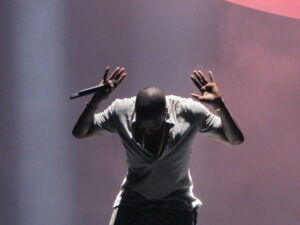by The Cowl Editor on October 31, 2019
Arts & Entertainment
by: Julia Vaccarella ’20 A&E Staff

Kanye West has returned to music once again with the debut of his ninth studio album, entitled Jesus Is King. After previously teasing a separate project, entitled Yandhi, the record was released after multiple delays dating back to over one year ago. As the name may suggest, Jesus Is King evokes images of Christianity; accordingly, the album’s style more closely resembles Gospel music than hip-hop or rap.
The album contains eleven songs and features several artists, including renowned jazz saxophonist Kenny G. An accompanying documentary film called Jesus is King: A Kanye West Experience is also currently playing in theaters.
Recently, West has been increasingly transparent about his personal views on God and religion. In addition to the album’s release, he has also debuted a project called Sunday Service, which is a series of mostly invite-only performances consisting of gospel music. In reference to Jesus Is King, West says, “This album has been made to be an expression of the gospel and to share the gospel and the truth of what Jesus has done to me…When I think of the goodness of Jesus and all that he does for me, my soul cries out.”
Some of West’s previous projects, such as The Life of Pablo, contain undisguised religious references. Understandably, the new record takes the theme even further in making God the focal point. Most hip-hop artists do not shy away from explicit material in their content, and West is no different. However, Jesus Is King is entirely void of this type of language.

For a number of reasons, reception to Jesus Is King thus far has been mixed. For some fans, West’s reputation would be unlikely to connote images of spirituality. In a similar fashion, West’s vocalized God complex, coupled with the fact that he is commonly referred to as “Yeezus,” may be just as unconvincing.
The album has a gospel feel to it. Neil McCormick of the Telegraph writes, “Packed with gospel choirs, church organs and soulful ululations condensed into a typically bravura tableaux of obscure samples, warped synths and spooky slabs of vocoder harmonies, Jesus Is King sounds as scintillating as anything in West’s considerable canon.”
West’s political leanings also caused some dissent among his fanbase. Furthermore, considering that this is West’s ninth album, it would suffice to say that he has made a name for himself. Most of his listeners are primed to expect lyrical profanity and a generally faster pace in his music, which is not at all the case with Jesus Is King.
Apple Music states, “The old Kanye and his discerning ear for sample selection is present throughout…It all makes for an album unlike any West has delivered, and one that might set the tone for the future of his music-making.” Nonetheless, West’s departure from the traditional elements of rap music on this record is precisely why it has garnered so much attention.